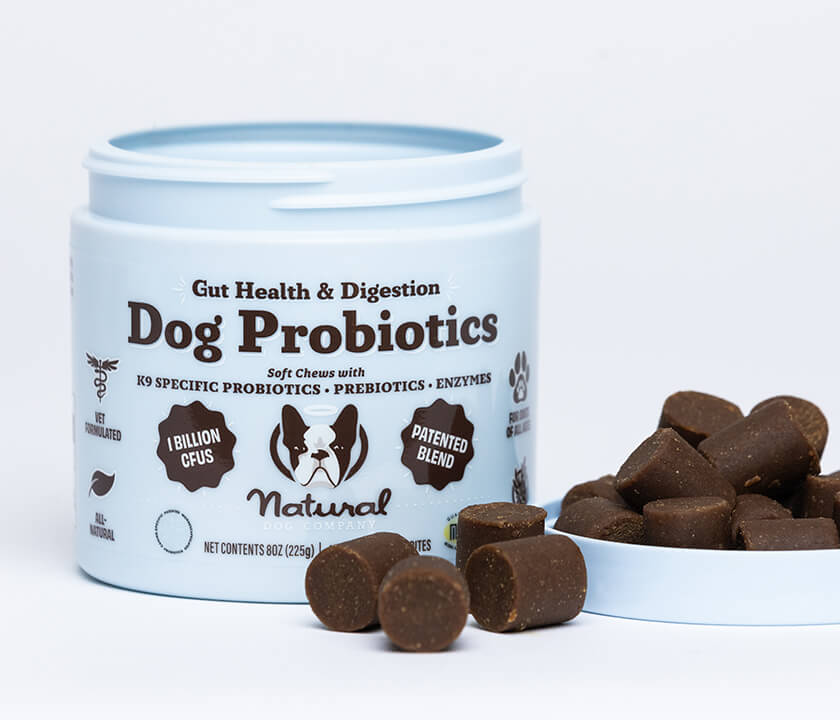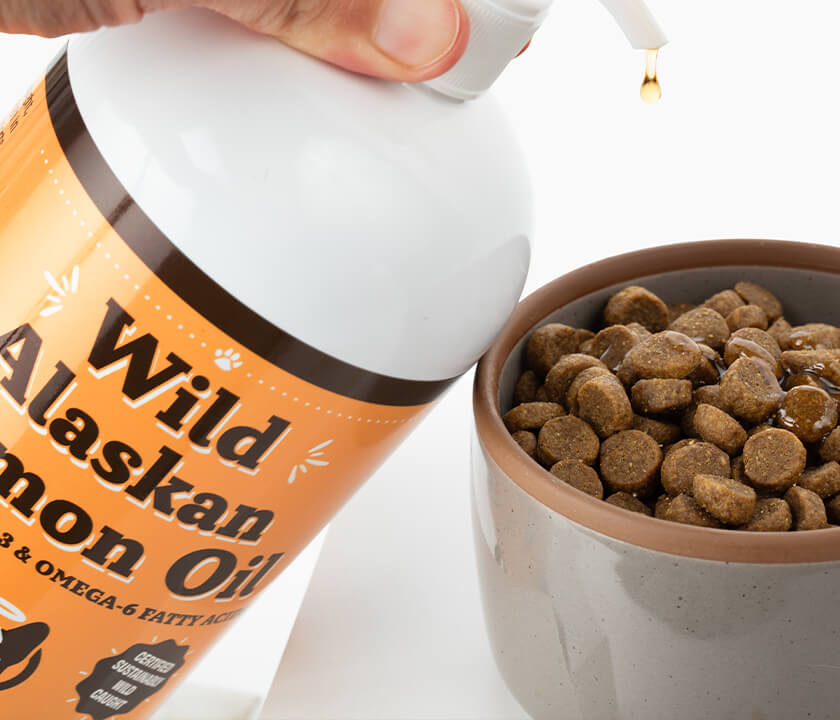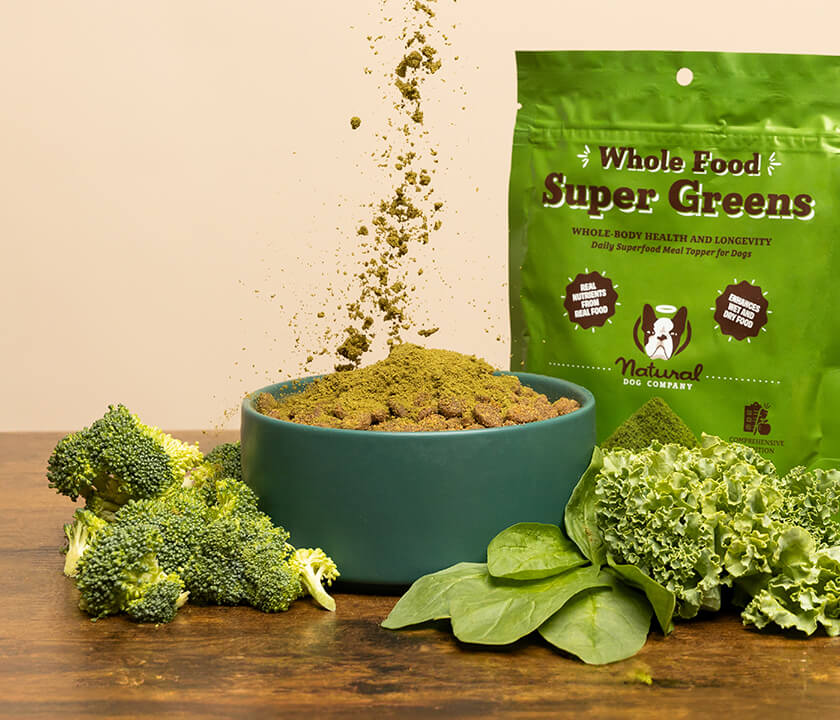Dog owners know better than anyone how their furry little four-legged children can get into anything and everything. As a result, smart puppy parents will dog-proof their home early and often to prevent curious, wet little noses getting into places they’re not supposed to. However, even the most diligent dog owner might not know just how many everyday household products are actually toxic to their pets. Here’s a list of eight of the most common products that you absolutely need to keep out of reach of your furry little friend.
What Household Products Are Toxic To Dogs?
1. Pesticides
Whether it’s ants in your kitchen, mice in your basement, or hornets in your attic, you’re likely to need to hit your home with some pesticide from now and again, but the majority of pesticides can be highly toxic to dogs or any other pets who decide to investigate them. Use care, and try to stick to organic or all-natural options when it comes to pest control. The safest option may be to not keep them around your house if you’re not actively using them.
2. Chemical Cleansers
Bleach is bad news when it comes to pets. Cleansers similar to bleach – the types of bottles you keep underneath your bathroom sink to help keep your place clean – contain the types of chemicals that can give both you and your dog a really bad day. Keep them up out of reach if you can – or switch to organic, non-toxic cleansing agents instead.
3. Antifreeze
Antifreeze is incredibly dangerous. It doesn’t take much to cause the kind of kidney damage in your dog that can lead to lifelong problems; at the same time, any more than that can easily lead to fatal poisoning. It’s recommended to switch to a mixture that’s made with propylene glycol. While it’s not non-toxic, it’s much safer than antifreeze mixes made with ethylene glycol; changing your antifreeze brand could spell the difference between life and death for your pet.

Your dog may be snooping around in the garden when you’re not looking!
4. Fertilizers
Fertilizers and plant food can be a huge help when you’re trying to grow a nice crop of heirloom tomatoes for the summer or even just encourage those azaleas to grow. However, as much as you love getting your own paws dirty out in your backyard, if you have a dog you need to be very careful. Also, when it comes to treating your lawn with weed killers or fertilizers, make sure you keep your dog away for a while to minimize his or her exposure to any toxic chemicals. Instructions should be included to tell you how long it will take to be safe, if necessary.
5. Plants
Of course, dog lovers would never plant azaleas in your backyard anyway – they’re incredibly toxic for your dog. The same goes for many other common plants like mistletoe. Do your research to ensure you’re not going to be planting trees and other plant species that could potentially poison your pet if he or she eats them. Many plants are pretty and not dangerous to us humans, but make sure to keep your furry friend in mind when gardening!

Definitely not candy…
6. Medications
Most people just tend to think about how they can keep their children out of the medicine cabinet, but you need to make sure that you don’t have any medications in places where your dog could get into them either. Any sort of medication can have a deleterious effect on a dog, whether it’s a simple aspirin or if it’s your grandmother’s heart medication, so keep those pills off the floor and out of reach. Small dogs, like small children, are especially susceptible to medications because they won’t be able to handle as much.
7. Vaseline
While it’s not strictly a medication and it’s certainly not a food item, Vaseline is something that some pet owners think might be good for their pups even though it’s absolutely not. It’s gratifying to know that you want to help your dog’s skin issues by applying Vaseline to their cuts, scrapes, and wounds, but it’s a completely synthetic material, and it’s no good for them. Considering how most dogs will immediately try to lick off any petroleum jelly placed on their skin, all you’re doing is succeeding in giving your dog diarrhea. Instead, choose an organic, all-natural topical Skin Soother if your pup needs it.

Foods that seem harmless to us can have a very different effect on our pets.
8. Food
Finally, it’s time to talk about food. Yes, it’s adorable how your pup will beg for table scraps, but you could be making life harder for your dog depending on what you give them. Food items like grapes (and raisins), onions and chocolate are highly poisonous to dogs, as are substances high in alcohol and salt. Also, any foods high in calories may not be immediately toxic, but their effects can add up over time on dogs smaller bodies!
Sources: http://huskydogblog.com/seven-common-household-items-that-are-poisonous-to-dogs/












